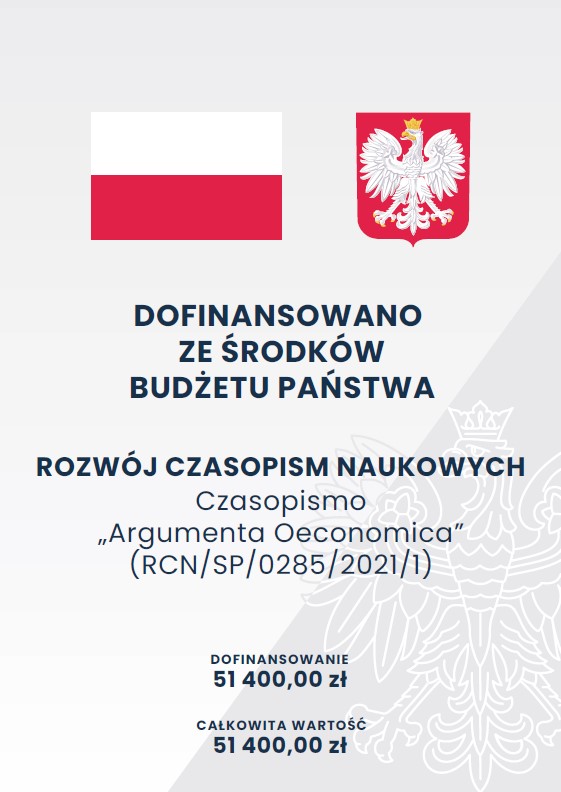Workforce Diversity and Organizational Performance - a Study of European Football Clubs
Abstract
Diversity management is viewed as one of the sources of competitive advantage, but the relation between workforce diversity and organizational goals is not indisputable. In-depth analysis of literature in this field does not allow for a clear answer concerning the nature of this relation (there is not a lot of empirical research available, and more importantly, they have significant limitations). The paper presents the results of empirical research aimed at exploring the relation between workforce diversity and organizational performance, which seem to break through the major limitations of previous studies in this area, i.e. the association of organizational performance mainly with financial results and the domination of American authors (60% of studies were conducted in the USA, a country with a specific culture). The research subjects of this article are European football clubs, which can be treated as a model for the management of contemporary organizations (the study covers 166 clubs from 10 countries). The obtained results clearly indicate the lack of dependency between workforce diversity (considered using two dimensions of primary identity - nationality and age) and the achieved results (considered using their place in the final table of the 2016/17 season and the total number of points). It was concluded on this basis that, in organizations free from discriminatory prejudices (which is the case for most football clubs), diversity management is somewhat vacant.(original abstract)Downloads
Download data is not yet available.
Downloads
Published
2020-01-30
Issue
Section
Articles
License
Copyright (c) 2020 Katarzyna Tworek

This work is licensed under a Creative Commons Attribution-ShareAlike 4.0 International License.







